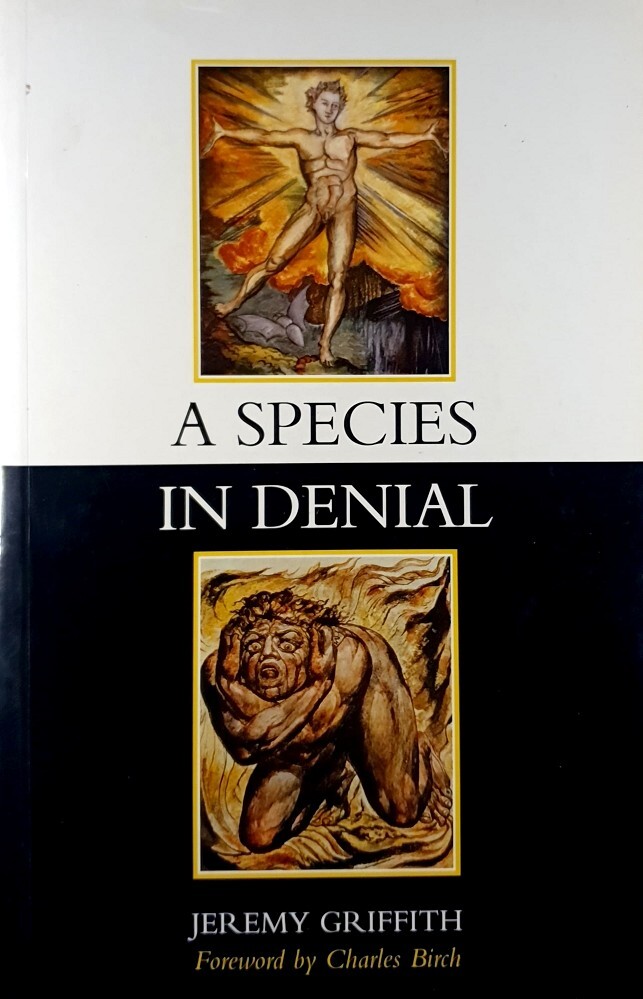A Species In Denial
Griffith Jeremy
$22.50
Sold Out
Notify me when back in stock
Cover Type: Softcover
Book Condition: Very Good
Jacket Condition: None Issued
Publisher: Fha Publishing & Communications Pty Ltd,
Publisher Place: Australia
Publisher Year: 2003
Edition: First Edition
Description: 526 pages. Book is in Very good condition throughout. The only exception is some light tanning to pages.
ISBN: 9781741290004
(206797)












